FSTC departmental strengths include specialized expertise in food science technologies, encompassing food chemistry, engineering, microbiology, and processing and unique access to a wide array of laboratories and pilot facilities. Our core teaching and research facilities include commercial-scale electron beam food processing, NASA space food preparation and processing, and grain processing and baking. We work closely with government, academic and industry scientists to be responsive to their needs. Our faculty research labs and departmental core facilities provide unparalleled undergraduate and graduate student training.
Faculty
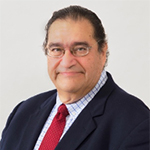
Dr. Alex Castillo
Research:
Dr. Castillo’s research interests include the development of control measures for minimizing and reducing pathogens in fresh and fresh-cut produce and on beef carcasses, the prevalence of pathogens in fresh produce and the use of electron beam irradiation for food safety purposes.
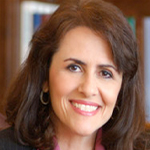
Dr. Elsa Murano
Research:
Dr. Murano oversees the implementation of projects focused on enhancing the livelihoods, education, and well-being of small-holder farmers and communities in developing countries.

Dr. Suresh Pillai
Research:
Dr. Pillai’s expertise is in molecular food safety and environmental microbiology and the use of Electron Beam Technology for various applications.

Dr. Mian Riaz
Research:
Dr. Riaz’s research interest is extrusion technology for food, feed and oilseed processing. He provides continue education training and short courses in the area of food and feed processing. Dr. Riaz other area of interest is religious and ethnic foods with emphases on Halal foods.
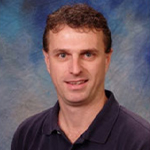
Dr. Steve Talcott
Research:
Dr. Stephen Talcott’s expertise is in phytochemicals of natural food and beverage systems and their stability, quality, and impact on value-added food processing. Natural compounds in fruits, vegetables, and botanicals are investigated in relation to their role in food quality, human health, and their fate during food processing and upon human consumption.
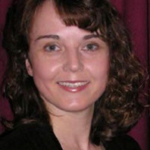
Dr. Susanne Talcott
Research:
Dr. Susanne Talcott‘s research assesses bioactive compounds in fruits and vegetables, dietary supplements, antioxidant fruit juices and other foods to define their role in the prevention of chronic diseases and the protection of health in an integrative, translational research approach.

Dr. Reza Ovissipour
Research:
Dr. Ovissipour’s research focuses on food biomanufacturing, cellular agriculture, alternative proteins, artificial gut, precision fermentation, net-zero agriculture, and utilizing AI-assisted processing optimization to strengthen resiliency and sustainability across the entire food supply chain, from farm to fork under Cellular Agriculture and Sustainable Food Systems program.
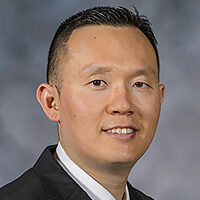
Dr. Seockmo Ku
Research:
Dr. Seockmo Ku specializes in the production of biofunctional molecules through probiotic fermentation and bioprocessing engineering. He dedicates his research to the functional and biosafety evaluations of newly synthesized and screened probiotics, as well as postbiotic molecules. Additionally, he is passionate about advancing brewing science by blending microbiome technology with lactic and alcohol fermentation, aiming to innovate in the production of high-quality alcoholic beverages.
Graduate Faculty
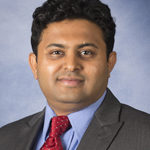
Dr. Giridhar Athrey
Home Department:
Poultry Science – Avian Genetics & Functional Genomics
Research:
Genetics, evolution and conservation of both domesticated and wild bird species. Research projects in our lab utilize field and experimental
studies coupled with genomic and computational tools to illuminate aspects of response to infectious disease, innate immunity and complex trait evolution in avian and other models.
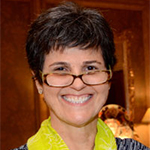
Dr. Elena Castell-Perez
Home Department:
Biological and Agricultural Engineering
Research:
Characterization of food and biological materials, biomass pretreatments for bioenergy, food rheology, smart packaging systems, food safety technologies including irradiation and active packaging.

Dr. Luis Cisneros-Zevallos
Home Department:
Horticultural Sciences
Research:
Focus is on bioactive compound discovery from different plant sources using an array of assays screening for specific health properties such as cancer inhibition, cardiovascular, obesity. Also, the biosynthesis of secondary metabolites (specific phenolics, terpenoids, others) of potential use for their unique functional and bioactive properties under pre- and post-harvest stresses.

Dr. Kerri Gehring
Home Department:
Animal Science
Dr. Kerri B. Gehring is a president and CEO of the International HACCP Alliance. She has helped standardize HACCP training programs, assisted with the development of the train-the-trainer course and the accreditation program for HACCP training providers. She lead the efforts to develop ten generic HACCP models for USDA.

Dr. Janie McClurkin Moore
Home Department:
Biological and Agricultural Engineering
Research:
Post-harvest treatment technologies, bioprocess engineering, biomass valorization, shelf-life preservation, mycotoxins, food safety, agricultural biosecurity, agricultural terrorism risk assessment, storage and packaging methods, design based research, innovative instructional strategies for teaching engineering
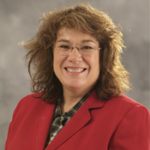
Dr. Rhonda Miller
Home Department:
Animal Science
Research:
Dr. Miller conducts research on the quality, quantity, safety and usefulness of meat and meat products through her appointment with the Texas Agricultural Experiment Station. Her current research is on the antemortem and postmortem factors affecting the composition, palatability and quality of red meat; development of automated grading technology to determine quality in beef and pork; and the use of non-meat ingredients to improve the shelf-life and/or safety of red meat with emphasis on development of value-added red meat products
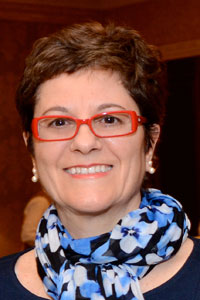
Dr. Rosana Moreira, P.E.
Home Department:
Biological and Agricultural Engineering
Research:
Fundamental modeling and automatic control of food processing systems, food dehydration (impingement drying), extrusion, deep-fat frying (vacuum frying), biomass pretreatment for bioenergy, food irradiation (Monte Carlo & dose distribution).
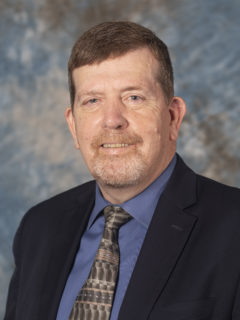
Dr. Wes Osburn
Home Department:
Animal Science
Research:
Focus on post harvest strategies utilizing innovative processing and ingredient technologies to enhance the quality, safety, and sensory attributes of processed meat products.
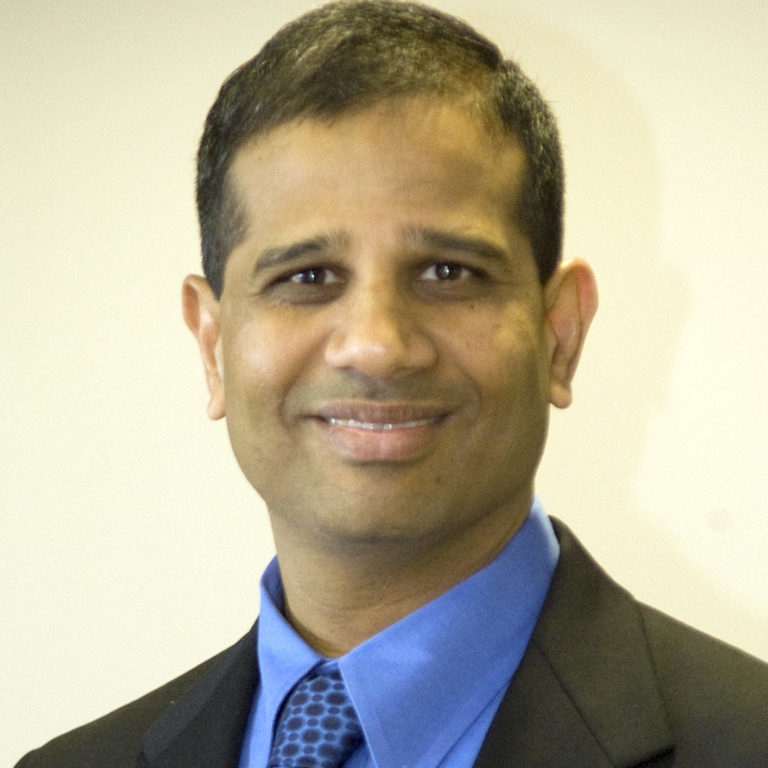
Dr. Bhimu Patil
Home Department:
Horticultural Sciences
Research:
Research focuses on ‘Foods for Health’ through farm-to-table approaches include examining pre- and postharvest effects on bioactive compounds, isolating and characterizing these compounds from different fruits and vegetables, as well as understanding their roles in human health.
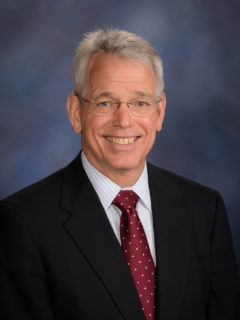
Dr. Stephen B. Smith
Home Department:
Animal Science
Research:
Focus is on the growth and development of adipose tissue, particularly in the bovine species. He has investigated the limitation of cattle to marble and has used his background in molecular biology to investigate lipid metabolism in the bovine muscle.
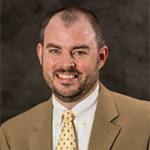
Dr. Matthew Taylor
Home Department:
Animal Science
Research:
Utilization and mechanisms of food antimicrobials to inhibit bacterial foodborne pathogens. Additionally, research is conducted that seeks to overcome obstacles to the use of food antimicrobials in some product by the encapsulation of food antimicrobials.
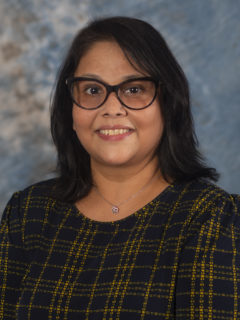
Dr. Sapna Chitlapilly Dass
Home Department:
Animal Science
Research:
The research in Dass lab is centered around the multipartite intricate interactions between human pathogens, their host, environment, and the microbiome.